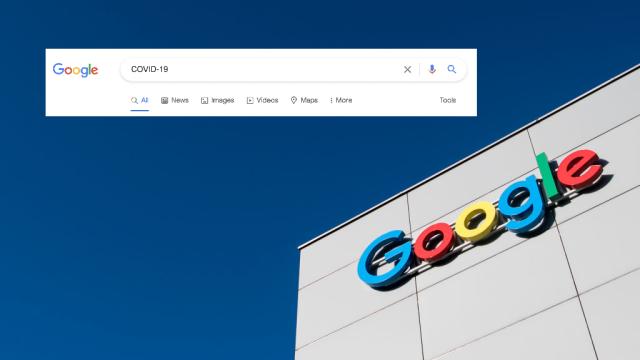A group of Australian researchers are investigating Google’s mysterious search algorithm, and have already made some interesting findings when it comes to the curation of COVID-related searches.
The project — lead by Centre for Responsible Technology Associate Professor Axel Bruns — uses crowdsourced data to analyse Google’s search algorithm and how it differs from person to person. Researchers have timed the project to coincide with the next federal election (due in or before 2022) in an attempt to better understand the way information is presented to us.
Although the project only launched last month, researchers have already made a number of findings from more than 40 million search results donated from over 500 participants.
So far, researchers have found very little variation in information given when people Google a topic, regardless of their age or gender.
“From what we’re seeing so far… on Google Search there is probably less evidence of any significant personalisation or problematic personalisation,” Professor Bruns told the ABC, asserting that this was to be expected.
“Google Search is obviously not where people come to hang out, but to get the right information at the right time, so personalisation is somewhat less useful.”
However, the same can’t be said when you look at information related to COVID-19, which appears to be much more curated than other topics.

“The first page of Google results for terms like COVID and vaccines and lockdown and quarantine is fairly carefully curated,” Bruns said.
“It shows a whole range of embedded content before you finally get to the actual search results themselves.”
This is interesting considering Google states it does “not use human curation to collect or arrange the results on a page”, yet Bruns asserts this sort of information — while helpful — would require “some level of human intervention.”
Although we can likely all agree that Google providing such clear and concise information amid a deadly pandemic is in the best interest of society as a whole, the issue here is the transparency — or lack-thereof.
“They’re not revealing how they make the choices for curation and [they’re not indicating] when you’re encountering a curated search page,” Bruns said.
“A project like ours aims to generate some more transparency about this, and the workings of search engine recommendations more generally, by observing them from the outside, at scale, using a citizen science approach.”
[related_content first=”1714561″]
Basically, the project aims to gain a better understanding of the algorithm by reverse-engineering the data.
The project is being funded through the Australian Research Council’s (ARC) Centre of Excellence for Automated Decision-Making and Society, with a strong focus on politics in the lead up to the next federal election.
“We will particularly look at searches we’ve got queued up for political topics, political leanings, and so on to make sure that we get a good sense of what people see for political topics,” Professor Bruns said.
“We’ll continue to vary the search terms as other things pop up, whether that’s bushfires in the summer or whatever it might be.”
You can participate in the project — which doesn’t access any of your personal data — or learn more here.
